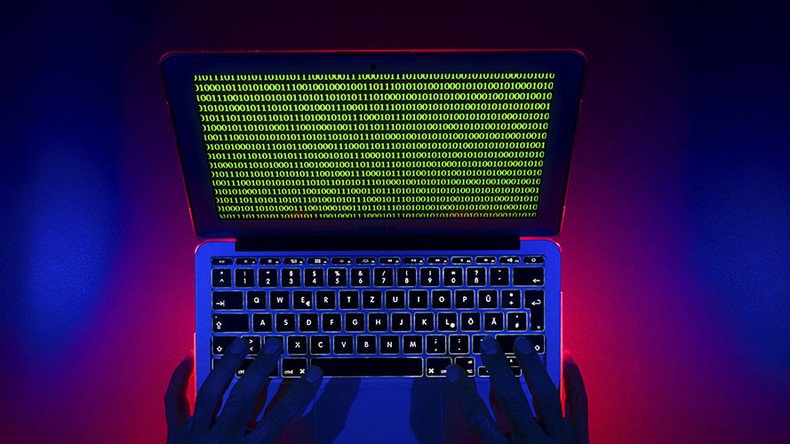‘Russia tried to hack election results’: US media misreports DHS warning on voter system ‘targeting’

Misleading reports on Russia’s alleged role in the 2016 presidential election filled US media after DHS warned several states of “potential targeting” of registration systems. Some of the states had to rebuff claims of attempts to tamper with “election results.”
In a statement to media quoted by TechCrunch and reportedly referring to “21 states,” Homeland Security spokesman Scott McConnell said the following:
“As part of our ongoing information sharing efforts, today DHS notified the Secretary of State or other chief election officer in each state of any potential targeting we were aware of in their state leading up to the 2016 election.”
While the statement mentioned neither election hacking nor Russia, some media outlets hurried to interpret it in a way matching their own narrative.
“JUST IN: “Russian government cyber actors” unsuccessfully attempted to hack 2016 election results in Wisconsin, DHS tells state officials,” NBC Politics tweeted.
You do not "clarify" false information. You delete and correct.
— Jessica Huseman (@JessicaHuseman) September 22, 2017
Reuters outrageously concluded that the affected states were those “Russian government hackers targeted in an effort to sway the 2016 presidential election in favor of Donald Trump though no votes were changed.”
ProPublica national politics reporter Jessica Huseman soon identified the glaring inaccuracy in the NBC tweet, pointing out that the Wisconsin Elections Commission (WEC) statement said nothing about attempts to compromise the election results. Furthermore, the “Russian government cyber actors” quote appears to come from a single source: WEC Administrator Michael Haas.
Insisting that NBC should remove the “false” and “irresponsible” tweet instead of “clarifying” it, Huseman pointed out that voter registration systems are “disconnected” from the election results. It turned out that the original WEC statement also confirmed that no data in the registration systems was compromised.
Official Twitter for the Wisconsin Elections Commission retweeted Huseman calling out NBC for spreading false news.
The WEC statement indirectly quoted the DHS as saying the alleged hackers scanned internet-connected election infrastructure for specific vulnerabilities, such as voter registration databases. It said the attempts to exploit the vulnerabilities were unsuccessful.
In a somewhat dumbed-down explanation, AP also clarified that “being targeted does not mean that sensitive voter data was manipulated or results were changed. A hacker targeting a system without getting inside is similar to a burglar circling a house checking for unlocked doors and windows.”
Judd Choate, the president-elect of the US National Association of State Election Directors confirmed on Friday: “There remains no evidence that the Russians altered one vote or changed one registration,” according to Reuters.
The previously-unnamed 21 states were first linked to the alleged Russian interference in the November 2016 election following testimony to Congress in June by the acting Director of Cyber Division of the department's Office of Intelligence and Analysis, Samuel Liles. Liles said 21 states “were potentially targeted by Russian government-linked cyber actors.”
A 50-state tally by The Associated Press on Friday showed election officials in 21 states confirmed their election systems were "targeted" last year.
The states named were Alabama, Alaska, Arizona, California, Colorado, Connecticut, Delaware, Florida, Illinois, Iowa, Maryland, Minnesota, North Dakota, Ohio, Oklahoma, Oregon, Pennsylvania, Texas, Virginia, Washington and Wisconsin.













